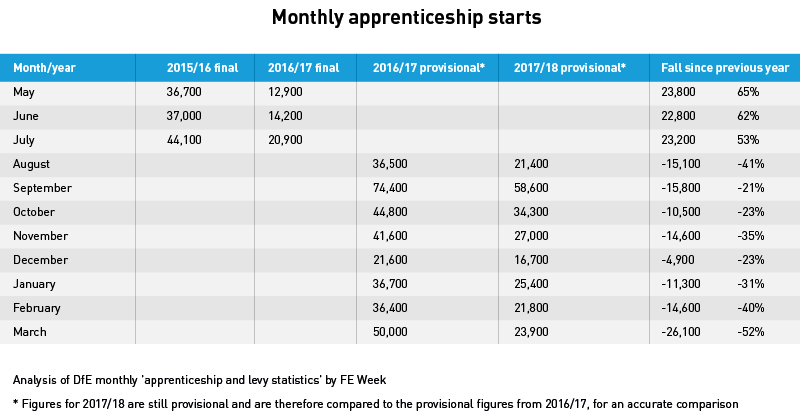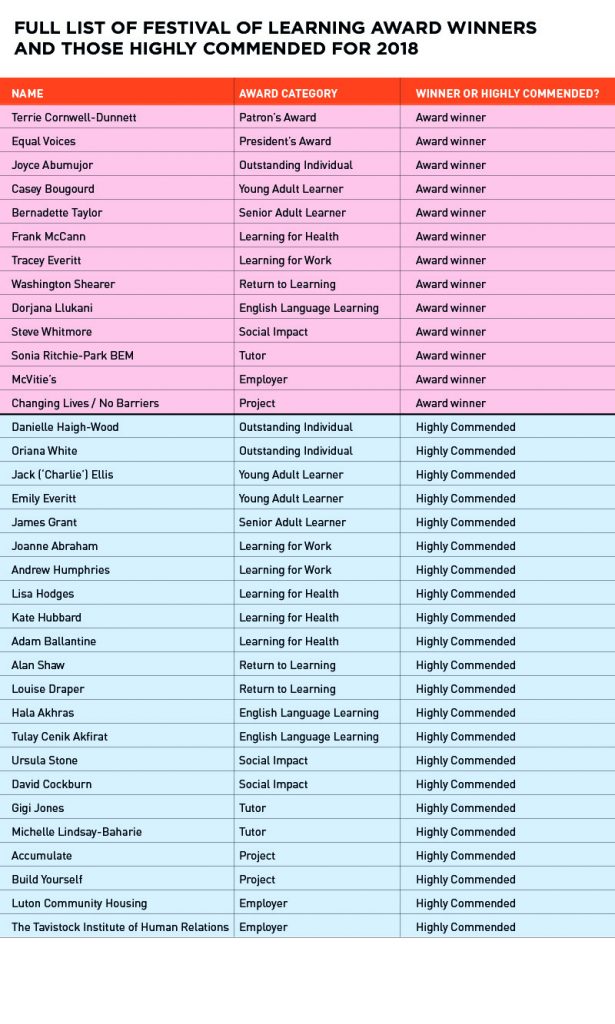There are worries across the FE sector that T-levels are being rushed through, but Anne Milton believes there’s no time like the present
Last month we took an exciting step forward and announced the 52 colleges and post-16 providers which will be leading the way and teaching the first new T-levels. These qualifications will be on a par with A-levels, providing young people with a genuine equivalent choice between technical and academic education, and ending the long-held assumption that only A-levels and a university degree can lead to a fulfilling job.
I was thrilled by the support for T-levels shown by lots of providers, businesses and colleges – both when we published our initial consultation and when we published our response. There is a skills shortage not just in the UK, but across the world, and we need to act fast to make sure people and businesses are getting the competencies they need. To do that your continued support will be essential.
Because introducing T-levels will herald the biggest reform to technical education we have seen in 70 years, it’s one that is being created hand in hand with employers. Businesses from many different industries are working with us to develop the content for these new courses, because they know about the skills that are needed to grow their businesses and compete in a fast-changing global market.
Over 200 employers have worked with the Department for Education on T-level panels to design the T-level content, and to help prepare employers for the new industry placements. Up to 2,000 students will be taking part in work placements pilots at around 1,000 employers this year, and there are a further 23,000 placements planned from September this year.
T-levels will help end the perception that university provides the only route to success. I’ve met so many people of all ages and backgrounds who have changed their lives through technical education, and I want to make sure even more people are given the chance to do so. I am delighted that more people will have that chance at last from 2020.
Some have suggested the timeframe for rolling out T-levels is ambitious. That is absolutely right and we are pressing ahead with the first few T-levels because we know we have a significant skills shortage and we believe these courses are part of the answer. These reforms are part of our long-term shake-up of technical education. The work has been ongoing for several years and we will continue to assess our plans and work with those who will be delivering T-levels
Our priority has always been to deliver high-quality programmes. So while the first three T-levels in construction, digital, and education and childcare will be taught by the first 52 colleges and providers from 2020, the rest will be developed and rolled out in phases through to 2023 – in areas such as engineering and manufacturing, and creative and design. That means employers will have the chance to be at the centre of developing the T-levels and they will be of the quality our young people deserve to get on in their careers. This is in direct response to the feedback we received.
Now let’s all pull together, put our weight behind these new courses and get on with the job. Let’s create a technical education system that will rival the very best in the world – and open up a world of opportunities for young people.
Anne Milton is Minister for skills and apprenticeships


